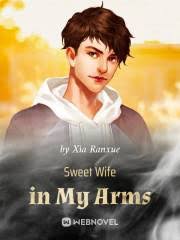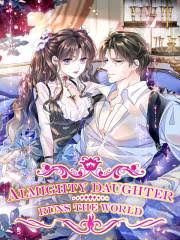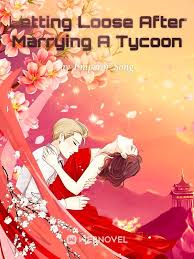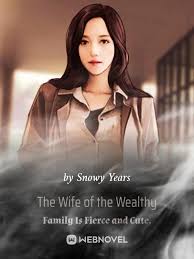The Story in 3 Sentences
Yan Huan, once the top actress who sacrificed everything for her husband, is betrayed and used solely for her rare blood and her child’s cord blood, leading to her tragic death.
She awakens reborn at age twenty, armed with memories of her past life, and resolves to reclaim her destiny—not through revenge, but by thriving on her own terms.
Across multiple lifetimes, she navigates love, loss, family secrets, and self-reinvention, ultimately rewriting her fate with clarity, strength, and hard-won peace.
Why It Stands Out
1. Rebirth Without Obsession
Unlike many revenge-driven reincarnation tales, Yan Huan’s journey prioritizes self-growth over vengeance. Her focus isn’t on destroying her ex but on building a life where she’s never again disposable—a quiet rebellion that feels refreshingly mature for the genre.
2. Emotional Layering Over Melodrama (At First)
The early chapters craft tension through psychological realism rather than exaggerated scheming. Scenes are vivid, motivations nuanced, and the male lead’s restrained presence creates magnetic chemistry without forced tropes—until later arcs dilute this strength.
3. Multi-Life Narrative Experiment
The novel dares to span not one but three distinct lifetimes for its protagonist. The first is tragedy, the second prolonged suffering, and the third a corrective reset—offering a rare structural ambition in urban romance, even if execution falters in the final stretch.
Characters That Leave a Mark
There’s Yi Ling – Yan Huan’s fiercely loyal best friend from her first life, who remains a grounding force across rebirths, embodying unwavering sisterhood in a world full of betrayal.
You’ll meet Ye Rong, who reappears in the third life as Yan Huan’s rescued mother—her survival altering the family’s trajectory and unlocking the truth of Yan Huan’s noble lineage within the powerful Ye clan.
And Lu Yi? They’re the one who starts as an enigmatic, protective presence but devolves into passivity that fans widely criticize—his refusal to set boundaries enabling repeated harm to Yan Huan despite his professed love.
The Flaws Fans Debate
The story inflates far beyond its natural conclusion, stretching a 700-chapter arc into over 2,500 with repetitive kidnappings, amnesia tropes, and recycled conflicts that drain emotional impact.
The male lead’s chronic inability to reject other women—even when their actions endanger his wife—frustrates readers who see his “gentlemanly” inaction as complicity, not virtue.
Later chapters suffer from inconsistent character intelligence, with both leads making baffling choices purely to sustain artificial drama, undermining the strong foundation built in the first 400 chapters.
Must-Experience Arcs
Ch. 1–50: Blood Betrayal – Yan Huan’s first life ends in horror as her husband extracts her blood and abandons her; her rebirth at twenty sets the stage for redemption, not revenge.
Ch. 300–600: Army Interlude – After winning Best Actress, Yan Huan trains as a soldier; Lu Yi visits faithfully, but his failure to confront Miao Xinyuan leads to brutal beatings and a fertility-threatening injury.
Ch. 1800–2100: Third-Life Reset – Both Yan Huan and Lu Yi remember past lives; she saves her mother early, secures her family’s status, and raises her triplets in peace—finally free from cyclical trauma.
Killer Quotes
“Maybe I only live for you.”
“In this life, I would live well.”
Cultural Impact
Over 7 million readers have engaged with the novel on Webnovel, making it one of the platform’s most-read urban romance titles.
Fan forums are split between those who adore the early emotional depth and those who warn newcomers to “drop after the flood arc” to preserve their love for the characters.
Memes circulate about “Lu Yi’s car policy”—mocking his habit of giving rides to dangerous women, which repeatedly triggers catastrophic plotlines.
Final Verdict
Start Here If You Want:
A rebirth story where the heroine chooses self-worth over vengeance.
A slow-burn romance with a mysteriously devoted male lead—initially.
A multi-life structure that dares to explore healing across timelines.
Study If You Love:
Narratives that critique the “sacrificial wife” trope through cyclical trauma and eventual autonomy.
The evolution of urban Chinese romance from melodrama toward psychological realism—even when it backslides.
How fan reception can shape reading strategies, with communities actively curating “safe stopping points” to avoid narrative decay.
Avoid If You Prefer:
Tightly plotted stories that respect their natural ending.
Male leads who enforce boundaries and protect their partners proactively.
Consistent character intelligence and avoidance of repetitive kidnapping tropes.





